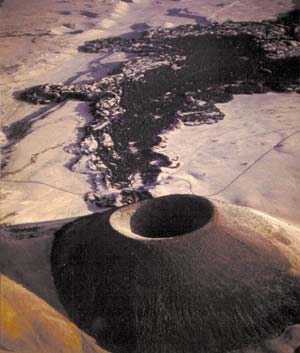IAVCEI Commission on Volcanic Hazard and Risk
Visit us here for more information about the goals of the Commission, how to collaborate, older newsletters, and for resources related to volcanic hazards and risks!
Hazard and Risk workshops and sessions at IAVCEI 2023
With IAVCEI 2023 right around the corner, we’d like to call your attention some of the excellent hazard and risk centric meetings workshops, and symposia that the conference has to offer. For a full list of symposia and sessions, check the IAVCEI 2023 website here
Meetings: The Committee on Volcanic Hazard and Risk (CVHR) will hold a lunch-time meeting on Tuesday (January 31st) in Room 3 (WSP room) and is soliciting feedback on agenda items. Please contact Heather Wright (hrwight@usgs.gov) if you have any suggestions or if you would like more information.
WORKSHOPS
- Analyzing the risk for farming systems from tephra
- Find your voice: volcano communication in crisis and calm (pre-conference)
- State of the Volcanic Hazard Map 5: Hazard map database and source book workshop (post-conference)
Find more information here
SESSIONS
- Advances in evaluating volaniclastic processes – from field studies and modelling approaches to realistic hazard assessments
- Advancing science with stakeholders – from engagement to co-creation
- Communicating Volcanic Risk and Science Information with Agencies and the Public: lessons from a multi-hazard perspective
- From Volcanic Hazard to Risk Assessment: Where are we and what are our needs?
- Lava flow hazard modeling, risk assessment and uncertainty quantification
- Probabilistic estimation of volcanic hazard and risk
- Small Islands, Big Challenges: Hazard assessment, monitoring and mitigation on volcanic islands
- The next generation of volcanic hazard and risk maps
- Building Volcanic Hazard Resilience Communities
- Exploring Community Needs and Resources in Volcano Disaster Preparedness Through Local Wisdom
CONVERSE EXERCISE ON DISTRIBUTED VOLCANIC ERUPTIONS

The Community Network for Volcanic Eruption Response (CONVERSE) organised a month-long eruption scenario that brought together 132 academic and governmental partners to discuss and practice a coordinated response to an eruption from a distributed volcanic field in the western United States in February 2022. Approaches to communicating with the public and press, how to coordinate sampling efforts, and how to request data were addressed. A follow up meeting occurred in August 2022, to discuss the future trajectory of CONVERSE. More information about CONVERSE, their mission, their updated funded proposal, and the scenario can be found here.
ONLINE HAZARD MAP DATABASE

The IAVCEI CVHR Volcanic Hazard Maps Database is a searchable global collection of volcanic hazard maps. Map classification metadata such as hazard types considered, hazard zone presentation, temporal and spatial scale, zonation methodology, and audience and purpose have been cataloged (see the Diversity of Maps pages) and can be used to search for particular maps of interest. The purpose of this website is to serve as a resource the volcanology community, in particular those engaged with hazard mapping, to explore how common issues in hazard map development have been addressed at different volcanoes, in different countries, for different hazards, and for different intended audiences. https://volcanichazardmaps.org
NEW CVHR COMMISSION ON VOLCANIC RISK TO AGRICULTURE
Rooted in the realisation that this problem requires an inter-disciplinary approach, the Working Group on Volcanic Risk to Agriculture will gather scientists and agriculture stakeholders in order to (i) critically assess and review our current knowledge concerning farming system vulnerability following eruptions; (ii) identify the knowledge gaps and hierarchize future research priorities; (iii) propose a platform for sharing and disseminating information on tephra hazards and impacts on farming systems. The group will be hosted by the IAVCEI Commission on Volcanic Hazards and Risk and will propose workshops, both within and outside volcanology conference, that will initiate an inter-disciplinary and international network of experts and stakeholders dedicated to better describing the vulnerability of agricultural activities to tephra hazard and, in turn, support the development of risk-deduction policies. We invite everyone interested in this topic to join the Working Group on Volcanic Risk to Agriculture.
Contact Sébastien Biasse (sbiasse@ntu.edu.sg) and Pierre Delemelle (pierre.delmelle@uclouvain.be) for more information.
UPCOMING MEETINGS
You are receiving this email because
1.) You’re an awesome supporter of the Commission
2.) You subscribed via our website
Want to be removed? No problem, email us at egallant@usgs.gov and we won’t bug you again. Mahalo!
